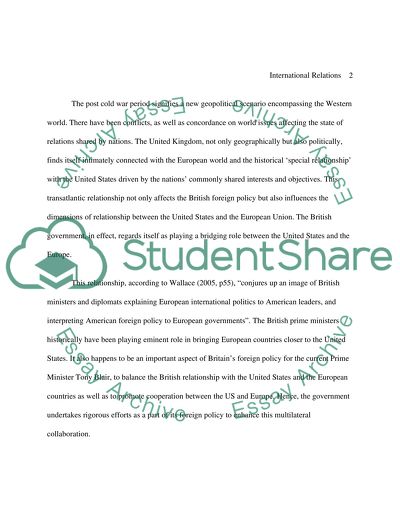Cite this document
(International Relations in the World: United States and Europe Literature review, n.d.)
International Relations in the World: United States and Europe Literature review. https://studentshare.org/politics/1514709-international-relations-in-the-world
International Relations in the World: United States and Europe Literature review. https://studentshare.org/politics/1514709-international-relations-in-the-world
(International Relations in the World: United States and Europe Literature Review)
International Relations in the World: United States and Europe Literature Review. https://studentshare.org/politics/1514709-international-relations-in-the-world.
International Relations in the World: United States and Europe Literature Review. https://studentshare.org/politics/1514709-international-relations-in-the-world.
“International Relations in the World: United States and Europe Literature Review”. https://studentshare.org/politics/1514709-international-relations-in-the-world.


